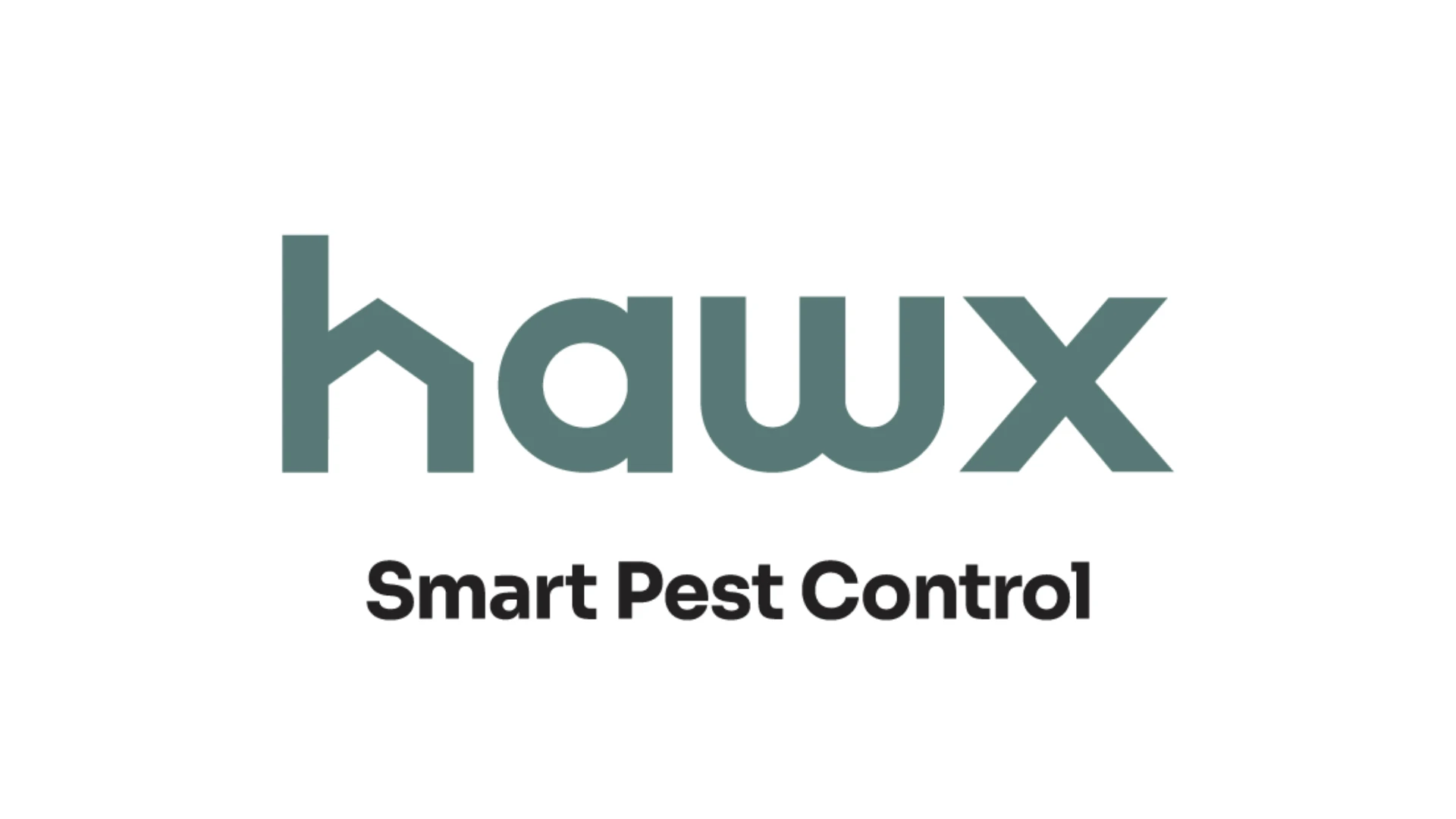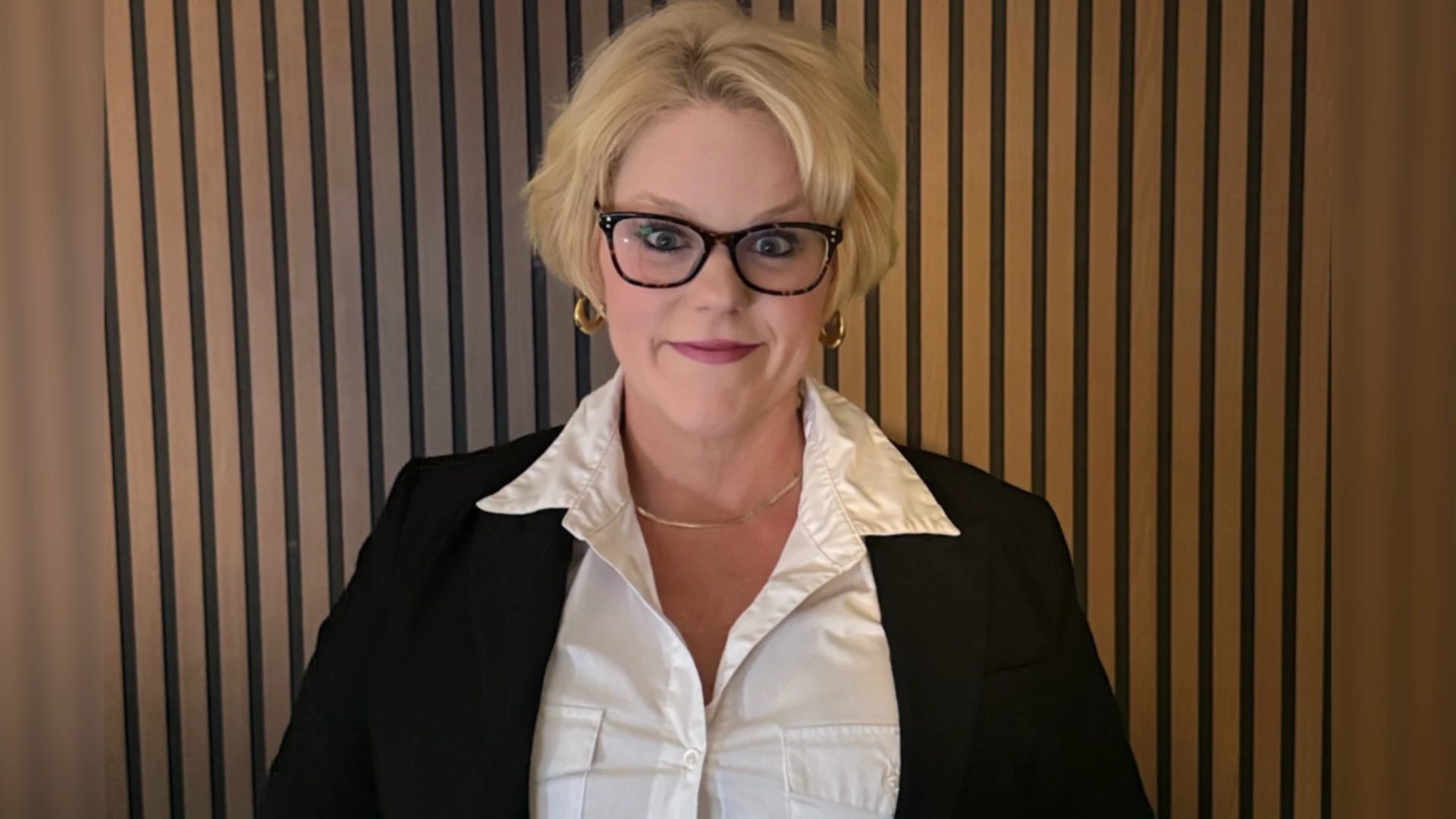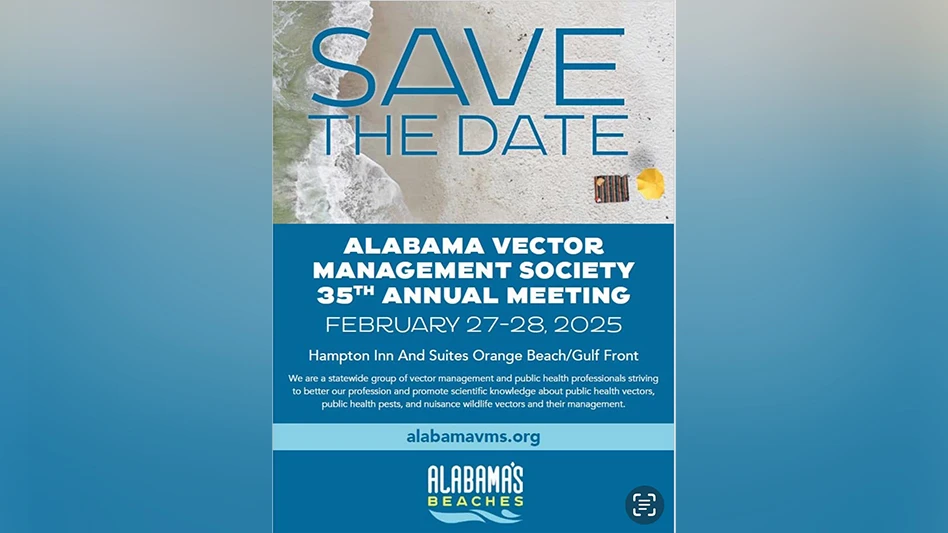
 |
In the following video, Scott Steckel of Varment Guard, Columbus, Ohio, and chair of NPMA's Wildlife division, discusses H.R. 730, legislation aimed at better defining the role of USDA-Wildlife Services.
Introduced in the House in February by Rep. Mick Mulvaney (R-S.C.) and Rep. Kurt Shrader (D-Ore.), the Pest Elimination Services Transparency & Terminology (PESTT) Act (H.R. 730) aims to limit USDA-Wildlife Services competition with the private sector for rodent, nuisance bird and wildlife work. (Click here to read NPMA’s position paper on the PESTT Act).
The issue stems from a 1987 law that authorized USDA-WS to work at non-agricultural settings. Although the main intent of the legislation was to permit WS to control birds at airports and engage in rabies control initiatives, the language was written very broadly.
Today, there is virtually no type of nuisance bird and wildlife management work that WS does not perform – regardless of whether area businesses also provide the same services. The only type of work WS is not authorized to perform is “urban rodent control.” That term is not defined in statute or regulation, however.
NPMA’s Gene Harrington said NPMA had tried for many years to address these conflicts administratively with USDA prior to seeking this statute change. The two key components of the PESTT Act are: (1) to define the term “urban rodent control,” and (2) to direct the U.S. Government Accountability Office (U.S. GAO) to write a report identifying activities WS performs that the private sector has the capability and capacity to perform and recommend ways to avoid competition between WS and the private sector, including further statutory changes.
****Updated April 11, 2013****
Since Legislative Day, the PESTT ACT (H.R. 730) picked up an additional 12 co-sponsors, a testament to the March 20 NPMA Legislative Day visits. Ten Republicans and two Democrats signed on as co-sponsors.
Latest from Pest Control Technology
- WorkWave User Conference Showcases Technology for Business Growth, Employee and Customer Retention
- Mahar Joins Cetane Associates as Manager of Administration
- Dr. Kathy Heinsohn Accepts Osmun Alumni Award at Purdue University
- Target Specialty Products Announces Distribution Agreement with Douglas Products
- FORSHAW Appoints Shane Dooley to President
- NPMA Shines ‘Spotlight’ on Rodenticides at Atlanta Event
- ActiveGuard Mattress Liners Offered to Philadelphia Fans Traveling to The Big Game
- Spider Hangouts





